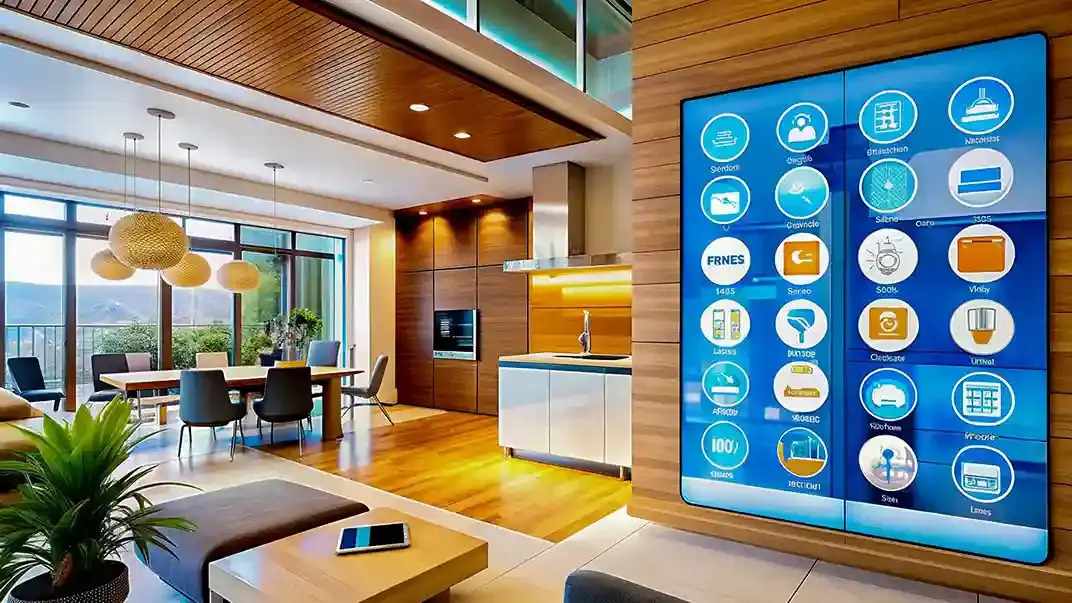
Smart home technology has evolved into a lifestyle revolution, transforming houses into responsive, intelligent living spaces. In 2025, it’s no longer just about flashy gadgets—it’s about creating homes that anticipate your needs, enhance comfort, reduce energy costs, and improve security.
What Is Smart Home Technology?
Smart home tech uses internet-connected devices, sensors, artificial intelligence, and automation to handle everyday tasks like adjusting lights and temperature, sending security alerts, or managing appliances via voice or app. These systems are designed to learn your habits, save energy, and simplify life.
Why It's Gaining Popularity in 2025
Smart homes are booming because of:
Rising energy costs and the need for energy-efficient living
Increasing work-from-home lifestyles that demand smarter environments
Aging populations using smart homes for accessibility and safety
Expanding Internet of Things (IoT) integration with daily life
Core Components of a Smart Home
Smart Devices
These perform tasks like adjusting the temperature or turning lights on and off.
Examples: Smart thermostats, lights, cameras
Sensors
Detect motion, temperature, or occupancy and trigger responses.
Examples: Door sensors, motion detectors
Smart Hubs
Act as the control center connecting all devices.
Examples: Amazon Echo, Google Nest Hub
Mobile Apps
Let users remotely monitor and control devices.
Examples: Brand-specific apps like Google Home, Alexa
Cloud Services
Enable remote access, automation, and data processing.
Examples: Google Cloud, Apple iCloud, Amazon AWS
Popular Smart Home Devices
Smart Lighting
Allows control of brightness, color, and scheduling using apps or voice assistants. Popular and easy to start with.
Smart Thermostats
Learn your schedule and optimize your heating and cooling. Can reduce energy bills by up to 15%.
Smart Security Systems
Includes video doorbells, smart locks, cameras, and sensors. Provide real-time alerts and remote access for peace of mind.
Voice Assistants and Smart Hubs
Control your home with voice commands. Devices like Alexa, Google Assistant, or Siri act as central hubs for your ecosystem.
Benefits of Smart Home Technology
Convenience and Automation
Turns everyday tasks into seamless experiences. Automate lights, music, or even coffee routines.
Energy Efficiency and Cost Savings
Smart thermostats and lights adjust automatically, reducing waste. Annual savings can reach up to 20%.
Improved Security and Monitoring
Smart systems offer real-time alerts, two-way audio, and 24/7 monitoring, whether you're home or away.
Lifestyle Personalization
Smart homes adapt to user habits. They offer accessibility benefits for seniors and people with disabilities, including voice commands and health monitoring.
Challenges to Consider
Data Privacy and Cybersecurity
Connected devices can be vulnerable if not secured properly. Use strong passwords and keep software updated.
Device Compatibility and Ecosystem Lock-In
Not all devices work across ecosystems. Look for universal platforms like Matter or multi-platform hubs.
Cost and Learning Curve
While some devices are affordable, a full setup can be costly. Some users may need time to adapt to new technology.
The Future of Smart Homes
AI-Powered Personalization
Homes will adjust proactively based on behavior, time of day, or even voice tone.
Emotion-Aware Systems
Future homes may respond to emotions using facial or voice recognition to adjust lighting, music, and more.
6G and Edge Computing Integration
Next-gen connectivity will allow for faster responses, real-time automation, and predictive adjustments in home systems.
Final Thoughts: Should You Invest in a Smart Home?
Smart home technology is worth considering if you want to:
Save money on utility bills
Improve everyday convenience
Strengthen your home’s security
Personalize your environment
Start small—install smart lights or a voice assistant—and gradually build a system that fits your lifestyle and budget.
The original blog source: Smart Home Technology Explained: How It’s Transforming Modern Living

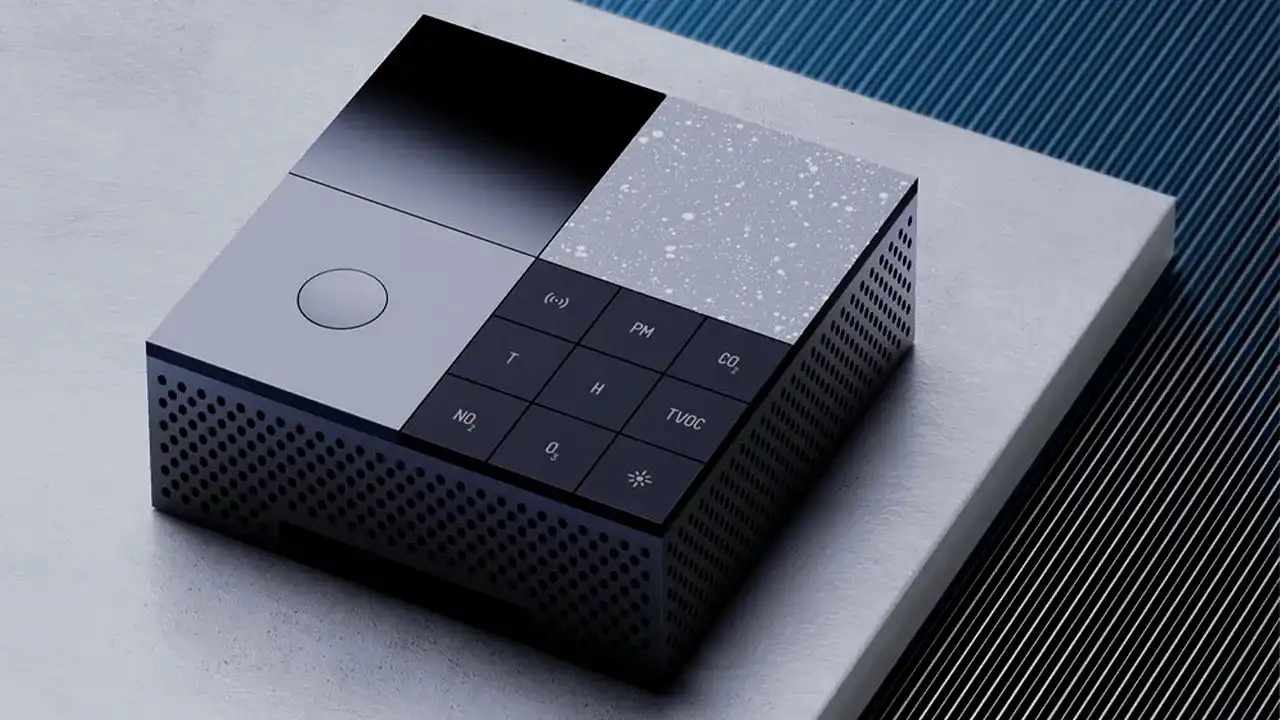
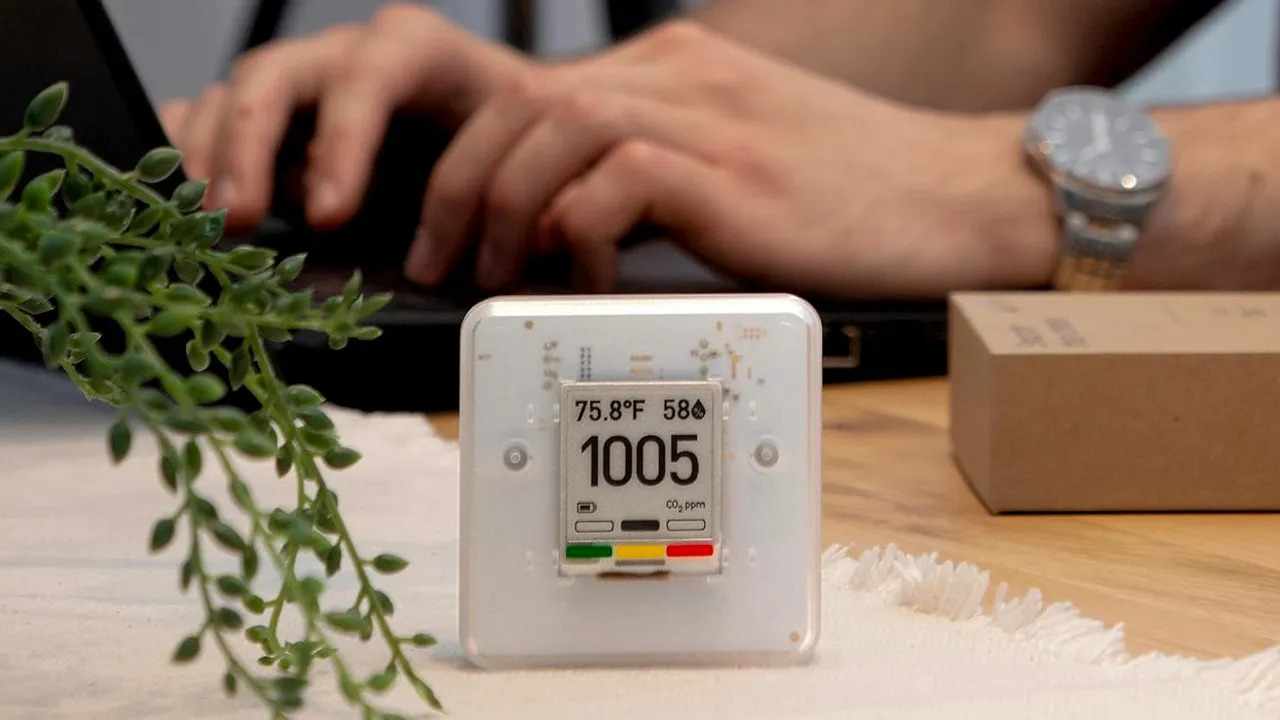
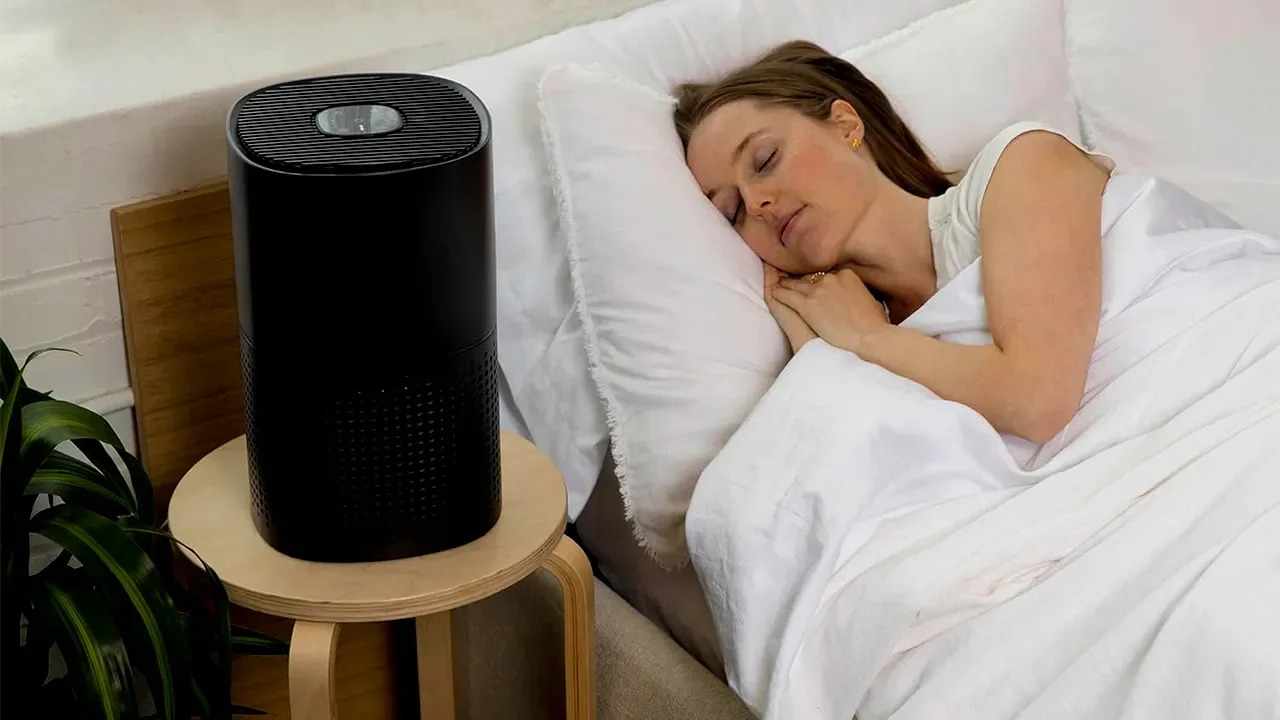
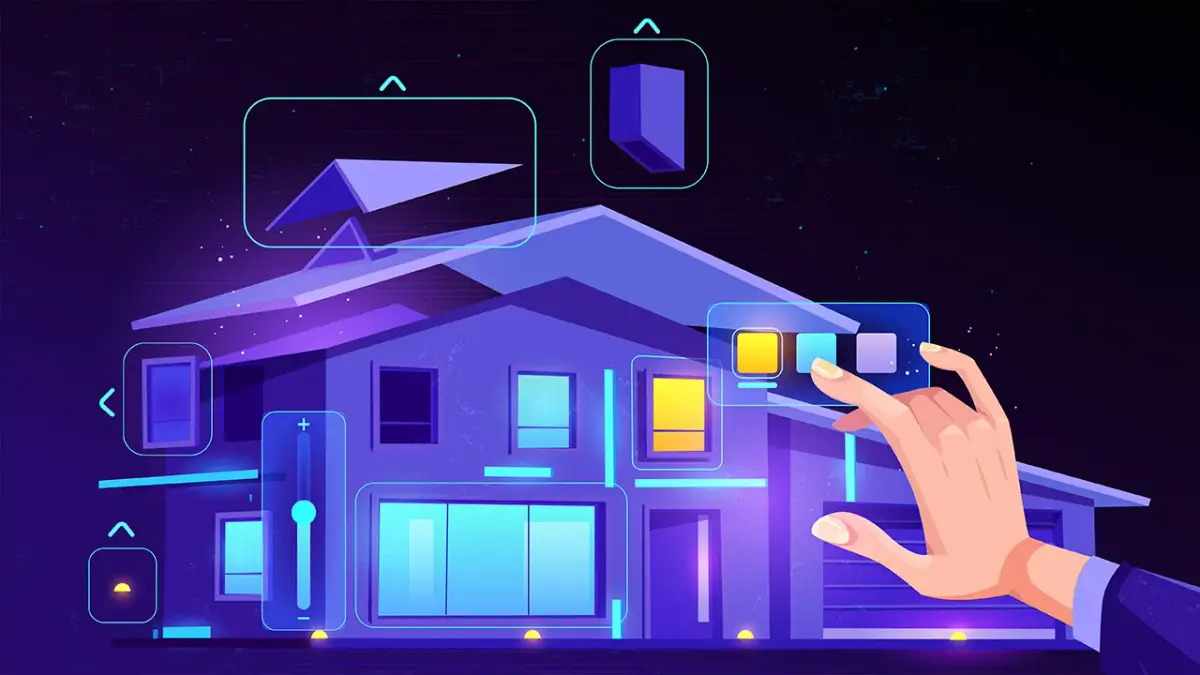
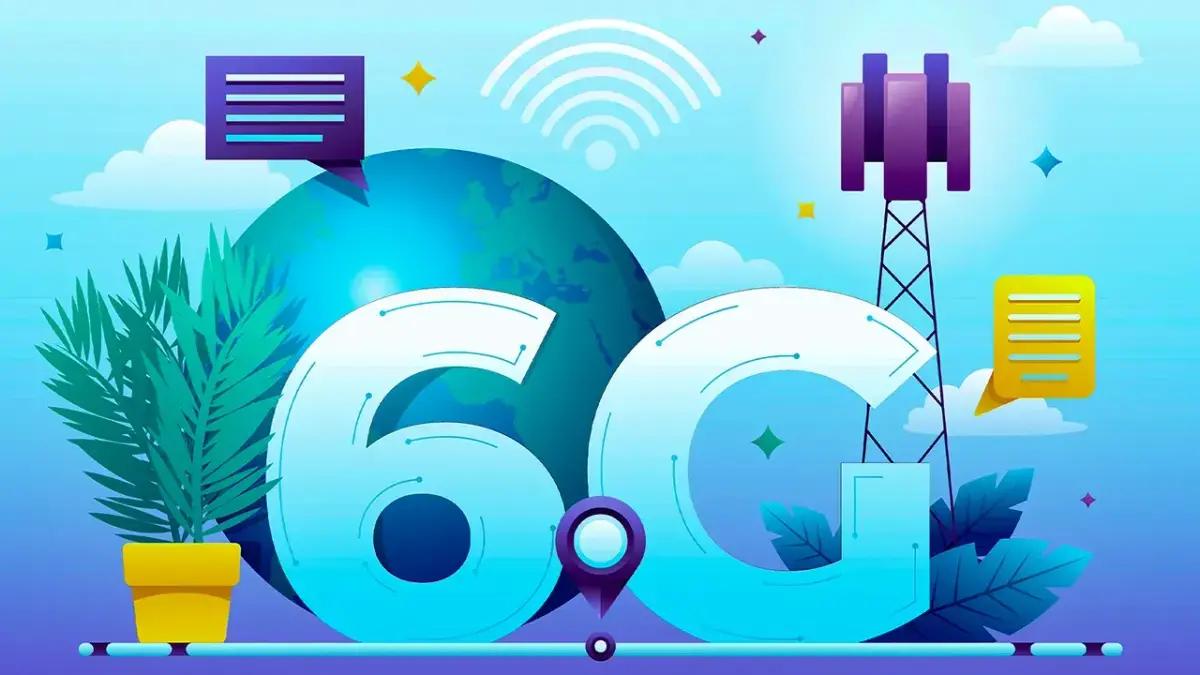
Write a comment ...